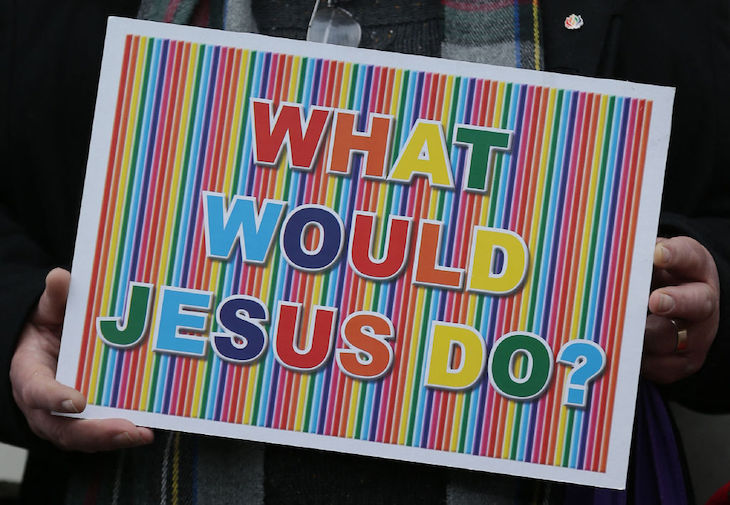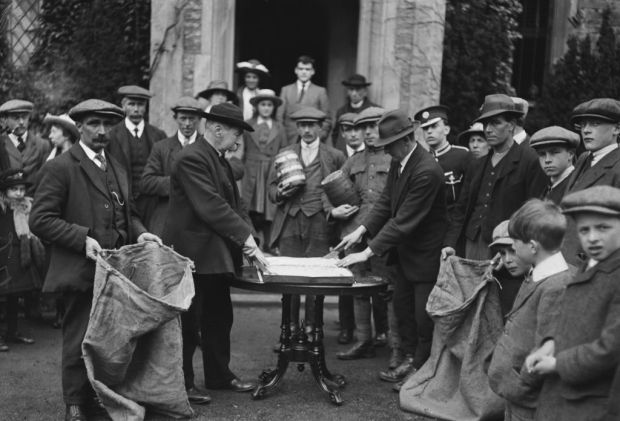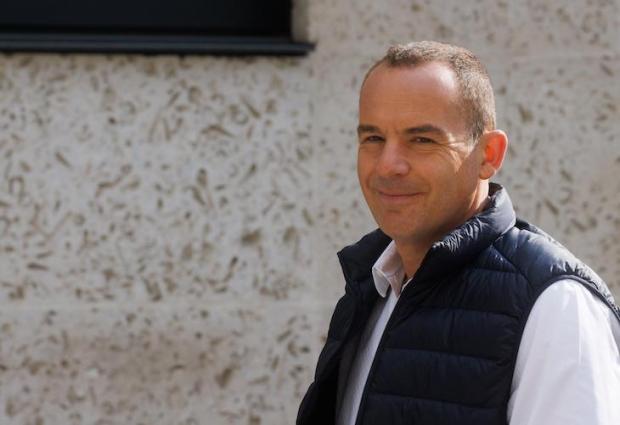Is the Church of England pro or anti gay? That was how much of the coverage framed the recent debate in General Synod, the equivalent of the Church’s parliament, about whether to allow clergy to bless same-sex partnerships. The fact that I, along with a group of other same-sex attracted synod members, spoke and voted against the motion, reveals that the reality is more complex.
The turning point of my life came when, largely out of intellectual curiosity, I read one of the New Testament Gospels. To my great surprise, I was captivated by Jesus Christ. Convinced of his lordship and his love for me, I resolved to follow him and, although I often fail, I have sought to do so ever since in all areas of life, including my sexuality. This is why the decision of Synod feels so personal for me.
Until now, the Church of England has been clear, along with Christians down the ages and throughout the world, that the place for sex is within the marriage of a man and a woman. That has been costly for all Christians, especially for those, whether gay or straight, who have sought to be celibate out of faithfulness to Christ; but now we are being told, in effect, that we need not have bothered.
There is no disagreement between the different wings of the Church about the importance of welcoming everyone to our churches, whatever their sexuality or relational circumstances. The division is about sex and, more fundamentally, about the basis on which we make decisions concerning disputed matters of this nature. Anglicans have always, in obedience to Christ, recognised Scripture as our supreme authority, while using our reason and taking the tradition of the Church very seriously. However, advocates of change have appealed, not to Scripture and tradition, but to experience and contemporary culture.
One striking feature was the surprising level of agreement between gay Christians on each side of the debate
We are told that we have been left behind and must catch up with the times if we are to expect people to come to church. But why should they bother if all they hear is an echo of what the wider world is saying? There are still lots of committed young Christians, most of whom attend churches where they hear a counter-cultural message, which sticks to the traditional teaching of the Bible.
Evidence from America, where the Episcopal Church has lost 100,000 members since going down the revisionist road, suggests that if the Church of England follows, its membership will become smaller, older and whiter. At this time, when many are beginning to recognise the devastating consequences of the profound individualism of aspects of the sexual revolution, the Church should surely be speaking with renewed prophetic confidence about the better story of God’s intention for sex and marriage and, above all, about Christ.
The fact that the bishops’ proposals were opposed by almost half of Synod’s elected members indicates the level of opposition they will face if they activate them. Persuasive arguments have been made which question whether they have the authority to institute what would in effect be a de facto change in the doctrine of the Church, making clergy who use the proposed blessings vulnerable to legal challenge. Bishops have stressed the importance of ‘journeying together’, but the majority of Anglicans in the Global South, along with many clergy and congregations in England, have said that they can not in conscience travel with those who are heading in a direction which, they believe, is leading them away from faithfulness to Christ.
One striking feature of Synod was the surprising level of agreement between gay Christians on each side of the debate. All are frustrated by an episcopal fudge, which upsets not just conservatives, but also liberals, because of its refusal to endorse equal marriage. This limbo position guarantees that the argument still has a long way to run, with an enormous cost emotionally, financially, missionally and pastorally, especially for those of us who are most deeply affected. This is why some on both sides have advocated a radical new approach, which recognises our deep and irreconcilable differences and seeks to find a way of creating space between us that enables maximum unity without theological compromise.
In his closing speech at Synod, the Archbishop of York recognised the need for ‘some kind of settlement’. It is my fervent hope that this can be reached, so that we stop tearing ourselves apart and are instead free to get on with the task on which we long to focus: of bearing witness to the life-transforming message of Christ.
Got something to add? Join the discussion and comment below.
Get 10 issues for just $10
Subscribe to The Spectator Australia today for the next 10 magazine issues, plus full online access, for just $10.




















Comments
Don't miss out
Join the conversation with other Spectator Australia readers. Subscribe to leave a comment.
SUBSCRIBEAlready a subscriber? Log in